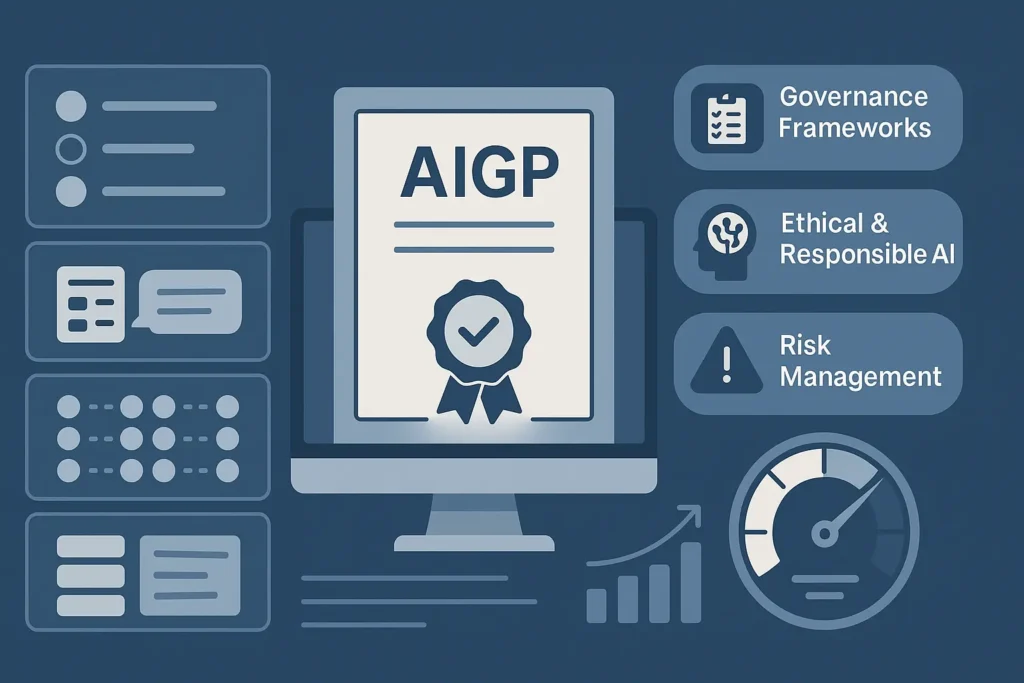- Gain a competitive edge in the job market
- Enhance your skills and knowledge
- Achieve your professional goals
Success
Comptia Training
CCIE, DevNet, Aws & Cloud Programs
Lifetime access to Videos. CCIE Certified instructors. 100% Placement programs
Enquiry Now
Our Diverse Range of Certifications Training
Experience the NYTCC Difference
At NYTCC (New York Training Center and Certifications), we're all about giving you a real-deal learning experience that makes us stand out from the crowd. Our top-notch pros will show you the latest tricks and tech, making sure you're ready to rock your job.
Our top-of-the-line setup is all about making you feel like you're in the thick of things, so you can really get your hands dirty and see how it all works. Plus, we've got schedules that fit your life, so you can juggle work, family, and school.
Whether you're looking to beef up your skills, switch things up, or just take your career to the next level, we've got your back.
Come on in and see how learning by doing, getting expert advice, and our dedication to your success can really change the game.
Our Training Benefits
Personalized Attention
Benefitting from the advantages of small class sizes and committed instructors, you will be afforded the requisite individual support and guidance essential for achieving excellence.
Practical Experience
Our facilities, which are at the forefront of technological advancements, provide an environment conducive to the application of theoretical knowledge in practical, real-world contexts, thereby equipping you for the challenges inherent in your professional journey.
Accountability and Motivation
The structured environment and sense of camaraderie inherent in an offline program can serve as a valuable mechanism for maintaining focus and motivation throughout the duration of your training.
.



Our Proven Records
- Successful history of helping students reach their certification goals
- Great success in passing certification exams in different fields and areas
- Support from knowledgeable teachers and staff from the beginning to the end of your training
- Top-notch facilities that mimic real-life situations for practical learning
- Deals and scholarships for some programs
- A wide network of former students and help finding jobs
The Future with NYTCC
At NYTCC, we help you stay on top of what's happening in your industry. Our programs are made to give you the newest skills and know-how, making sure you stay up-to-date in a quick-moving job world. You'll learn from the top trainers, picking up tips from seasoned pros who are at the head of their game.
By joining our group, you're stepping into a lively and creative network that encourages teamwork, growth, and success. Get ready for the future with NYTCC and start moving closer to reaching your career goals.
Your Dream Career Starts Here
At NYTCC, we are committed to supporting your success in your certification journey through our offline training programs. Join us at our center in New York for hands-on instruction led by industry experts who will guide you every step of the way.













